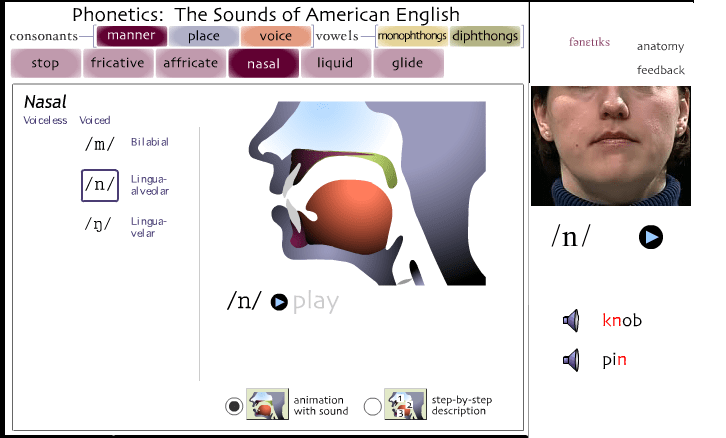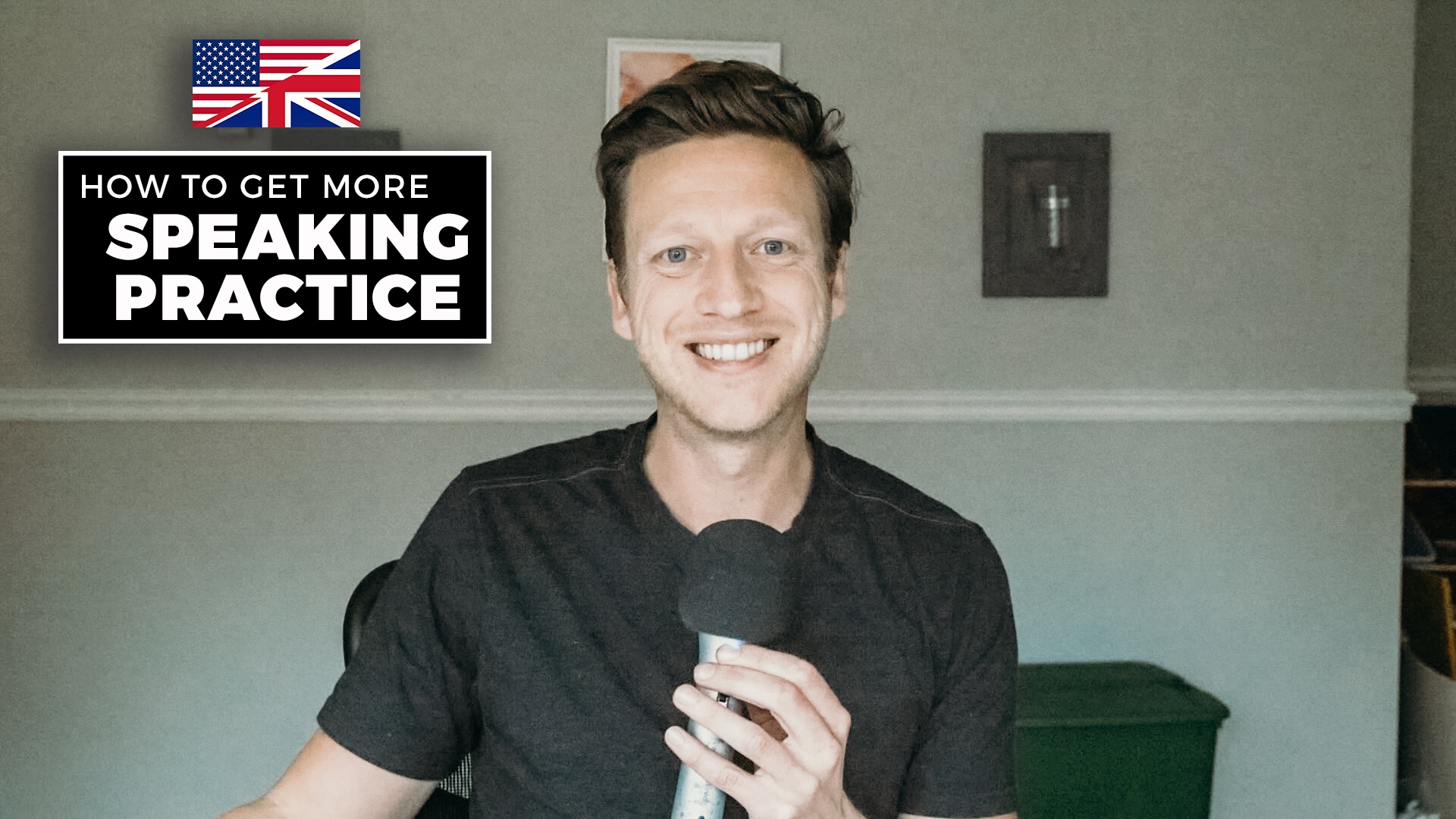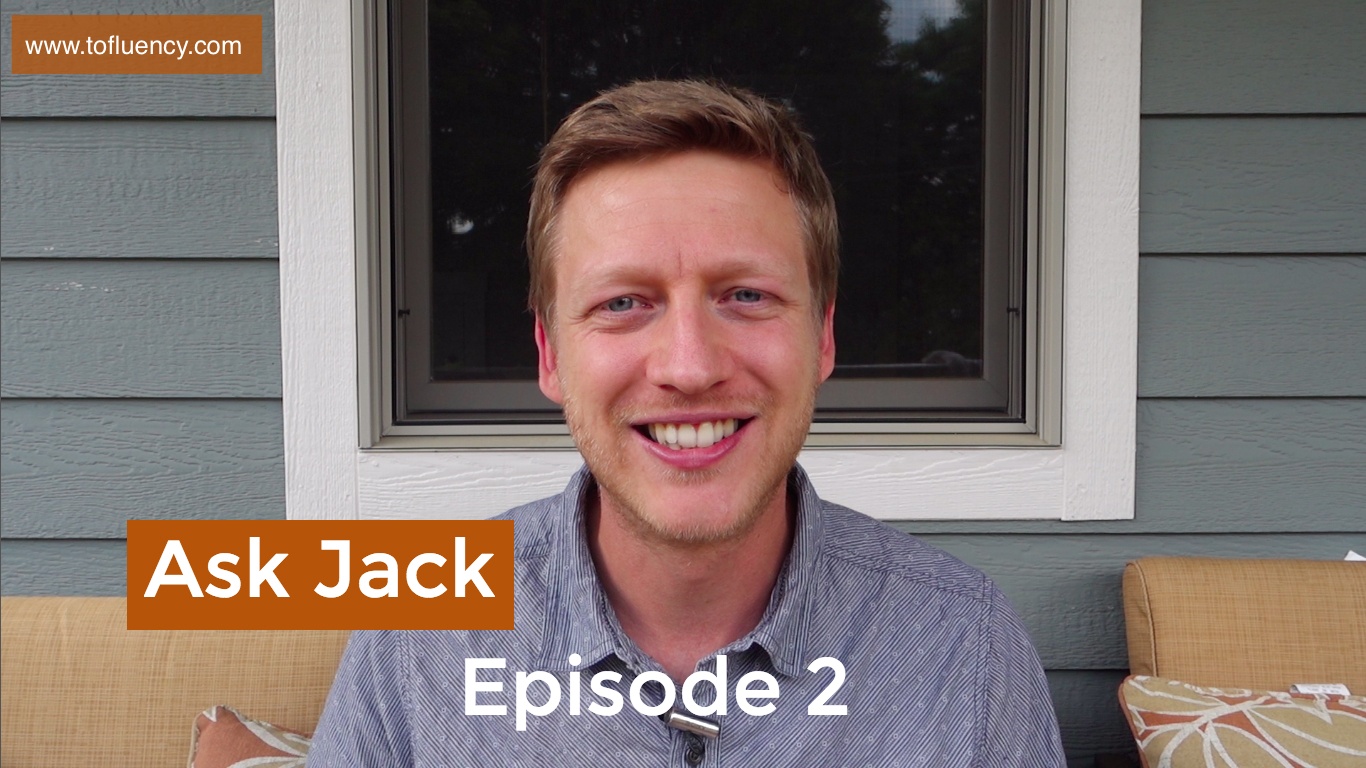As you have just learned, the methods that you use to learn English are important.
What’s also important to know is this:
You need to be an independent English learner. You need to take responsibility for your learning. You need to do things that work.
And one last thing before I talk about the methods. Know that there are four skills. These are:
- Reading
- Listening
- Writing
- Speaking
Again, know why you need to learn English and what you’re going to use it for. This will help you become more effective with your time.
Now, here are the best ways to learn English:
Get Lots of Input
This is what I call immersion. This is where you read, watch, and listen to things in English.
The majority of language learning is subconscious. This means that you don’t study a language, instead, you immerse yourself in it.
Getting input allows you to subconsciously learn English. You see words and grammar repeated over and over again. These patterns get stored in your brain. And then, you can write and speak without thinking about rules.
Most learners don’t get enough input.
The good news is that it’s easy to get more. And the easiest way to get more input is by listening more. You can get English listening practice even when you’re doing other things.
Where you live isn’t important. Thanks to the digital revolution, anyone with internet access can get all the English input that they need.
Learn English in Context and through Sentences

Do NOT memorize single words. Do NOT memorize “50 Idioms about Sport/Business etc.” Do NOT memorize language you don’t know how to use.
Instead, learn English in context. This means:
- Learning through sentences
- Getting sentences from strong context
Doing this helps you learn how and when to use English words and phrases. And because you are learning words through sentences, you are learning grammar too.
Learning from a strong context means learning something from a book, a TV show, or a conversation. This context tells you in which situations this English is used.
To learn more about learning English in context through sentences, click here.
Work on Your Pronunciation

http://soundsofspeech.uiowa.edu/
The majority of English learners I meet never had pronunciation training at school.
A big reason for this is because grammar is easier to teach in large classes.
But, like I said before, you need to become an independent learner. Luckily, you can improve your pronunciation through self-study.
Here is how:
- Know what you need to do to make the different sounds of English (click here for a great resource)
- Practice the sounds and record yourself making them
- Compare your recording to the original
- Practice, practice, practice.
If you practice enough, then your mouth will be able to form these sounds naturally when speaking. This will help you improve your speaking and your listening skills.
Mimic English Speakers
The following method is really powerful:
- Find relevant audio of people speaking
- Listen to the audio and repeat what is said
- Record yourself
- Compare it to the original
Copying is good. In fact, the better you copy someone, the faster you will improve.
Copy the speaker’s intonation, rhythm, and stress. Copy the sounds that they make. This will improve your pronunciation and you will learn new words and internalize grammar.
Get audio that is specific to you and your goals.
For example, if you want to learn British English, then get audio from British speakers.
Get Feedback on Your English
As an English learner, you are going to make mistakes. But you will progress faster if you learn from them.
The best way to do this is to get feedback from others, preferably an English teacher. When you write something, get someone to check it for you. Talk to people who will correct your mistakes.
Have Fun
Textbooks are boring.
The good news is that you don’t have to use them. There is no reason to do boring things when learning English. In fact, you will learn English faster if you have fun.
Listen to things you find interesting. Talk to people you like. Read books that you enjoy.
Enjoy the journey.
Get Lots of Repetition
Earlier, you learned that it’s important to learn English through sentences. This is how:
- Copy sentences that are relevant to you into spaced repetition software (Anki)
- Spend 5-10 minutes every day reviewing them
If you do this on a consistent basis, you will internalize vocabulary and grammar in the most efficient way. You would be able to form sentences flexibly without thinking about the rules.
(Note: this is what I call the Sentence Method. You can learn about this here.)
In addition to repeating sentences, you can get smart repetition through narrow reading and listening.
This is where you read / watch / listen to similar things. For example, you could read a news story, listen to a podcast on this story, and then watch videos on this story.
The vocabulary and grammar will be repeated in a natural way (in strong context).
Make English-Speaking Friends
I get so many messages from learners asking me to speak with them. The reality is that I’m too busy to speak to everyone. Additionally, I need something in return.
This is how friendships work. You both offer something to each other.
Instead of asking people to practice with you, offer something valuable to English speakers. This might be a mutual friendship, advice, or even money.
Here is a video that talks about how you can get more English speaking practice by making friends.
As you already know, getting into a relationship with someone who speaks English will make a huge difference. But again, most people aren’t in a position to do this.
 You’re reading this because you want to learn English.
You’re reading this because you want to learn English.




























